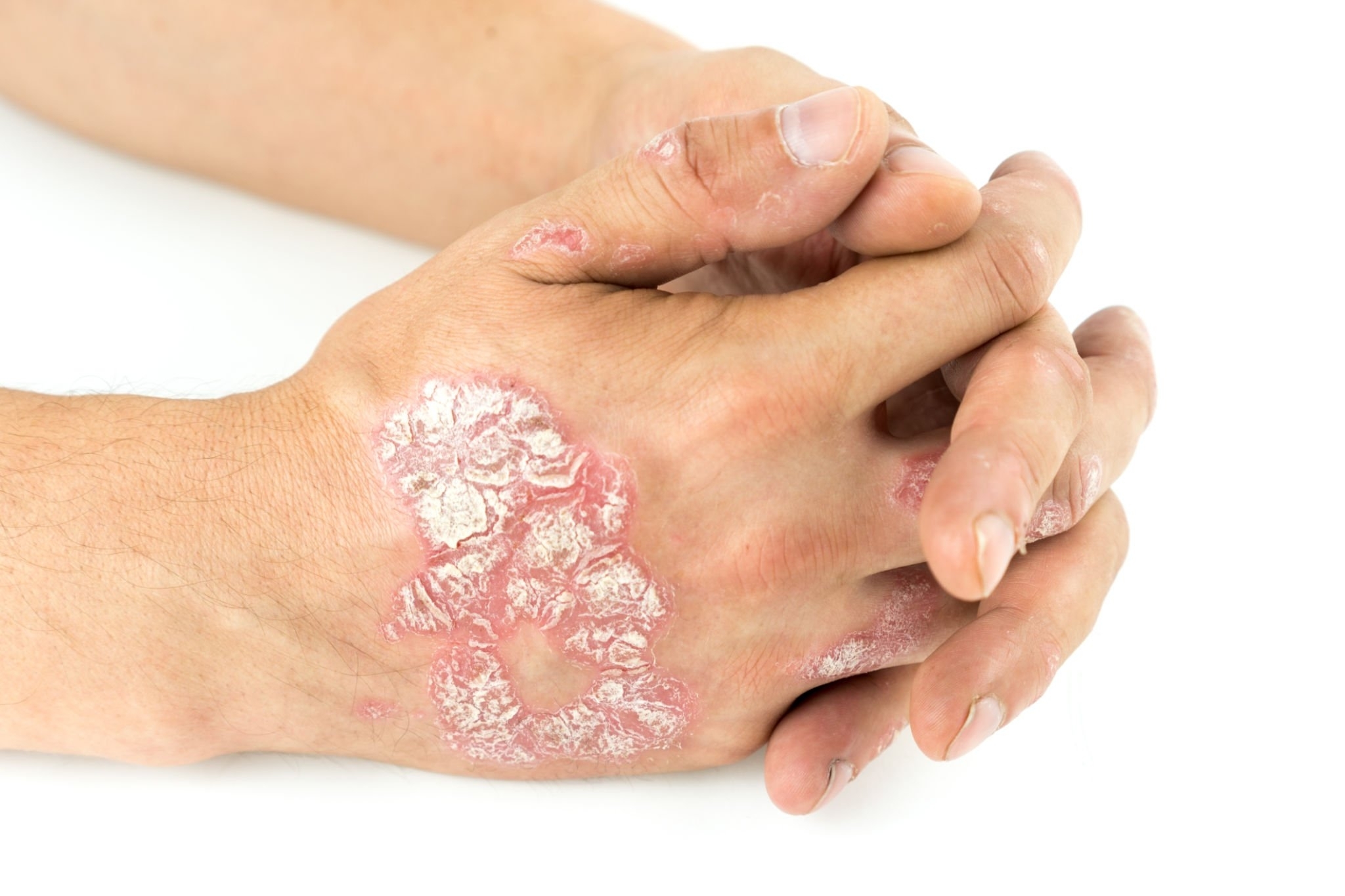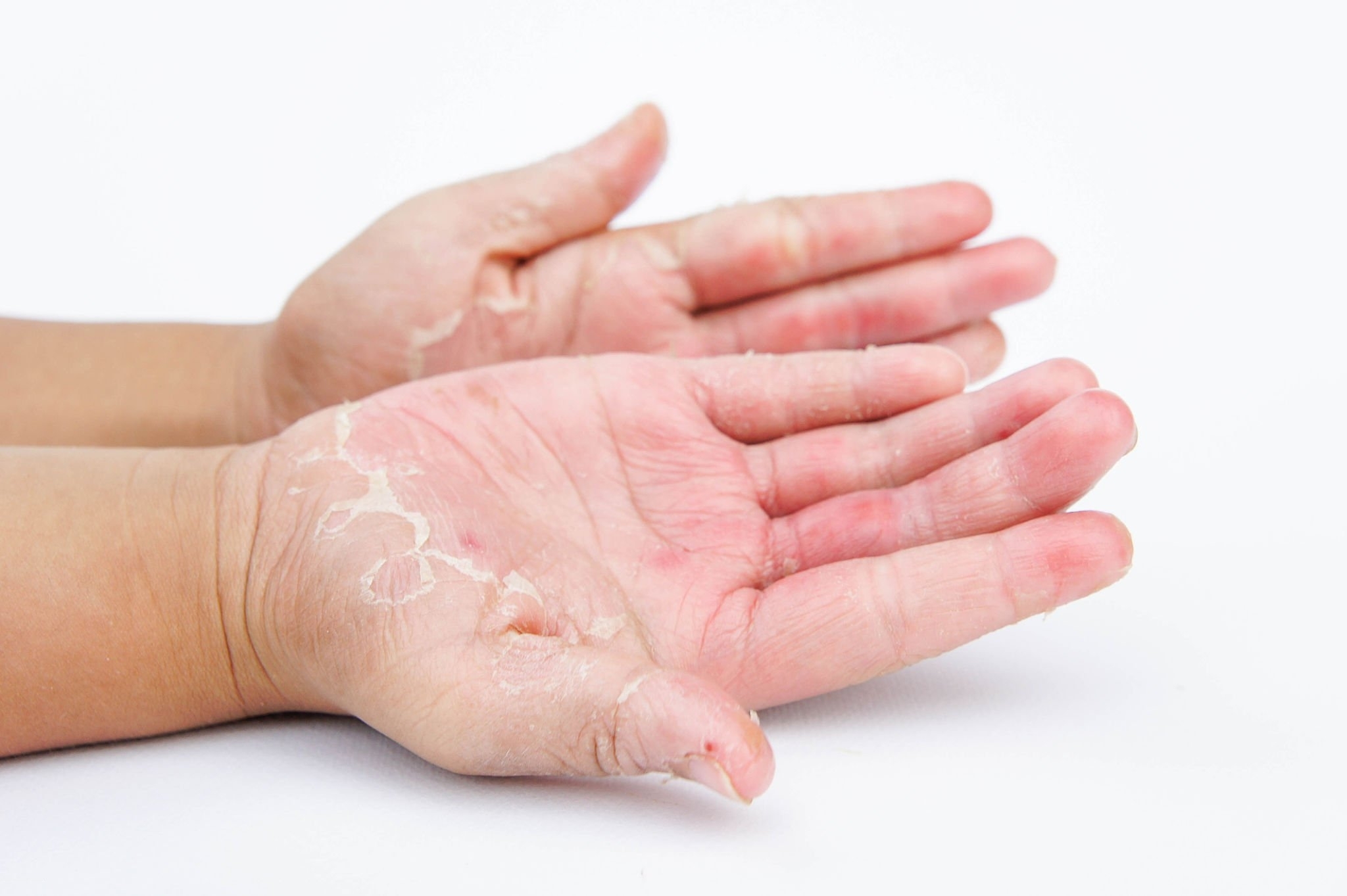Understanding Psoriasis: A Chronic Skin Disease Unveiled

In the realm of dermatology, there exists a wide array of skin conditions that affect millions of people worldwide. Among these, one particularly vexing and persistent skin disease is psoriasis. Psoriasis is a chronic immune-mediated disorder that causes an accelerated rate of skin cell growth, leading to the formation of red, scaly patches on the skin. Despite its prevalence and impact on patient’s lives, psoriasis remains misunderstood by many. This article aims to shed light on this enigmatic skin disease, exploring its causes, symptoms, available treatments, and the quality of life challenges it poses.
Understanding Psoriasis: The Basics

Psoriasis is not just a mere skin issue; it is a complex autoimmune disease that involves the immune system attacking healthy skin cells mistakenly. Normally, skin cells grow deep in the epidermis and rise to the surface over a month’s time, but in psoriasis patients, this process takes only a few days. Consequently, the skin cells build up, leading to the characteristic appearance of red, thickened patches covered with silvery scales.
Symptoms and Types
The symptoms of psoriasis can vary widely from person to person. The most common type is plaque psoriasis, characterized by the aforementioned thickened patches, usually found on the elbows, knees, lower back, and scalp. Other forms include guttate psoriasis, which appears as small, droplet-shaped lesions; pustular psoriasis, featuring pus-filled blisters; inverse psoriasis, affecting skin folds like the armpits and groin; and erythrodermic psoriasis, an uncommon but severe form that covers large areas of the body.
Causes and Triggers
The exact cause of psoriasis remains unclear, but it is widely believed to be a combination of genetic and environmental factors. Family history plays a significant role, as psoriasis often runs in families. Furthermore, certain triggers can exacerbate the condition, such as stress, infections, injuries to the skin, and certain medications. Lifestyle choices, including smoking and excessive alcohol consumption, can also aggravate the symptoms.
Quality of Life Impact
Living with psoriasis can be physically and emotionally challenging. The visible nature of the skin lesions can lead to self-consciousness, anxiety, and depression. Additionally, persistent itching, pain, and discomfort can significantly affect daily activities and sleep patterns. Studies have shown that psoriasis patients are at a higher risk of developing other health issues, such as psoriatic arthritis, cardiovascular diseases, and diabetes.
Treatment Options
While there is currently no cure for psoriasis, various treatment approaches can effectively manage the symptoms and improve the quality of life for patients. Topical treatments, such as corticosteroids and vitamin D analogs, are often prescribed for mild cases. Phototherapy, which exposes the skin to controlled ultraviolet light, is also commonly used. For more severe cases, systemic medications that work on the immune system may be recommended. Biologics, a type of targeted therapy, has shown remarkable success in treating moderate to severe psoriasis.
Lifestyle Changes
In addition to medical treatments, lifestyle adjustments can play a pivotal role in managing psoriasis. Patients are encouraged to maintain a healthy diet, exercise regularly, and avoid smoking and excessive alcohol consumption. Stress management techniques, such as meditation and yoga, may help alleviate symptoms. Additionally, protecting the skin from injuries and using moisturizers can assist in minimizing flare-ups.
Conclusion
Psoriasis is a chronic skin disease that affects millions of people worldwide, impacting their physical and emotional well-being. Although the exact cause remains elusive, advances in medical research have led to effective treatment options that offer relief to patients. However, public awareness and understanding of psoriasis are crucial to counter the stigma and support those who suffer from this condition. As researchers continue to unravel the complexities of psoriasis, hope remains high for improved treatments and ultimately, a cure. Until then, empathy, compassion, and knowledge will be our most potent weapons in combating this skin disease.
